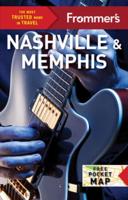Publisher's Synopsis
In all of the books about rock music, relatively few focus on the purely musical dimensions of the style: dimensions of harmony and melody, tonality and scale, rhythm and meter, phrase structure and form, and emotional expression. The Musical Language of Rock puts forth a new, comprehensive theoretical framework for the study of rock music by addressing each of these aspects. Eastman music theorist and cognition researcher David Temperley brings together a conventional music-analytic approach with statistical corpus analysis to offer an innovative and insightful approach to the genre. With examples from across a broadly defined rock idiom encompassing everything from the Beatles to Deep Purple, Michael Jackson to Bonnie Raitt, The Musical Language of Rock shows how rock musicians exploit musical parameters to achieve aesthetic and expressive goals-for example, the manipulation of expectation and surprise, the communication of such oppositions as continuity/closure and tension/relaxation, and the expression of emotional states. A major innovation of the book is a three-dimensional model of musical expression-representing valence, energy, and tension-which proves to be a powerful tool for characterizing songs and also for tracing expressive shifts within them. The book includes many musical examples, with sound clips available on the book's website. The Musical Language of Rock presents new insights on the powerful musical mechanisms which have made rock a hallmark of our contemporary musical landscape.










